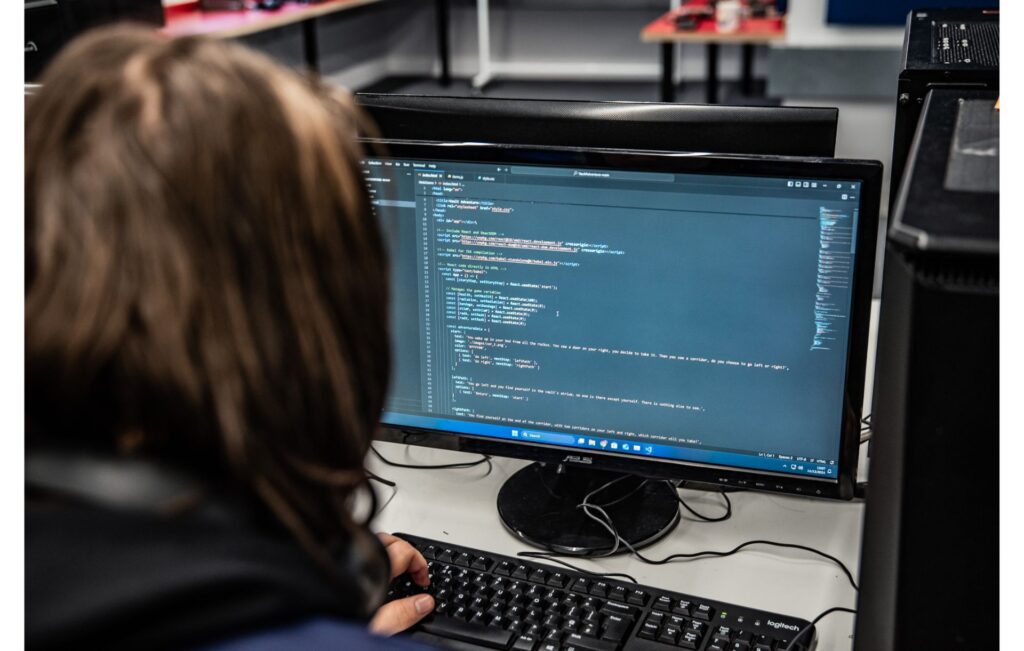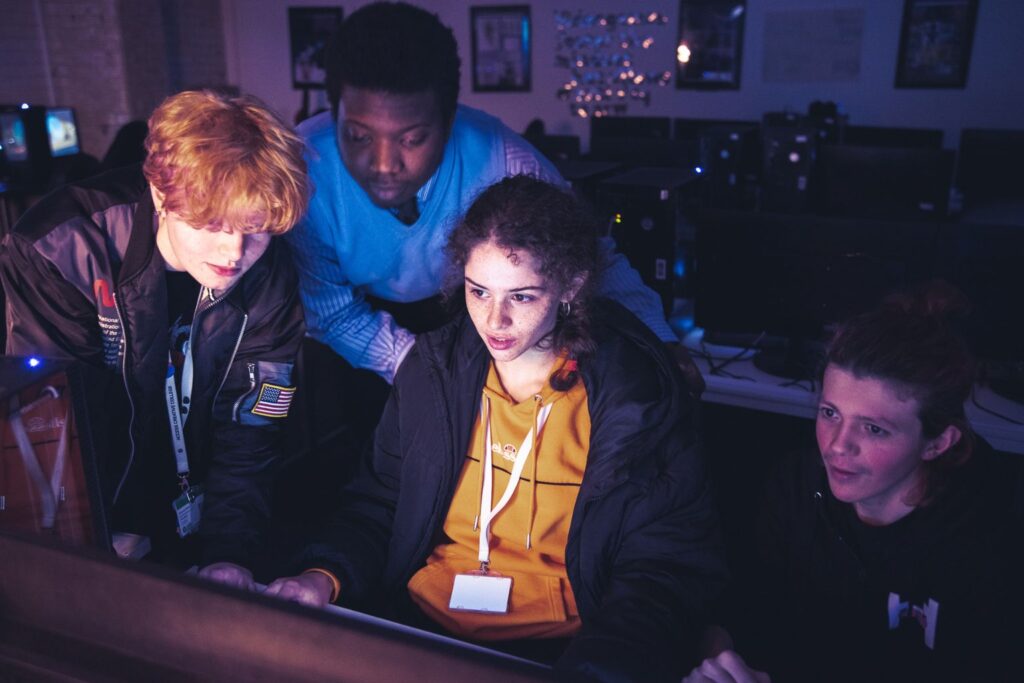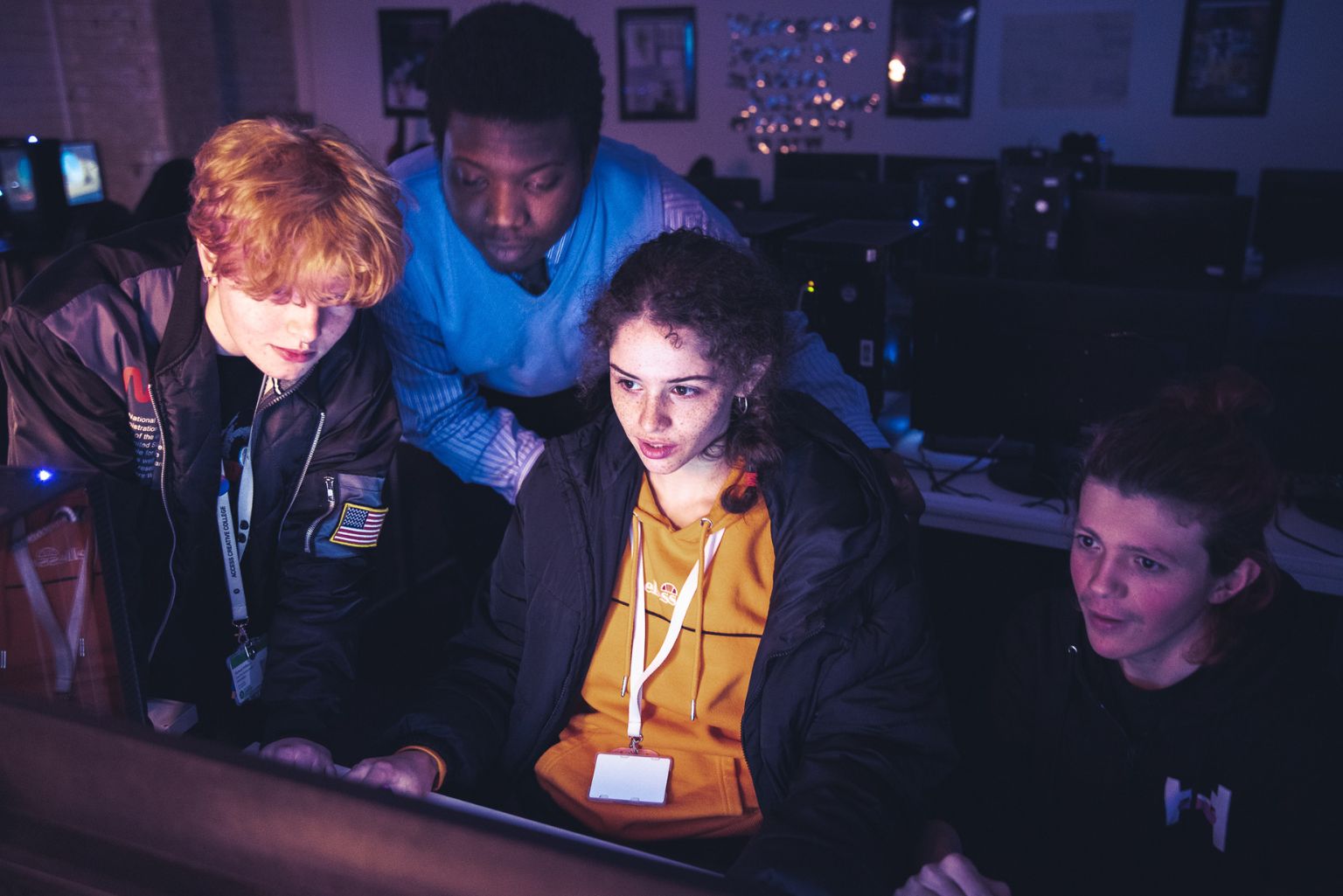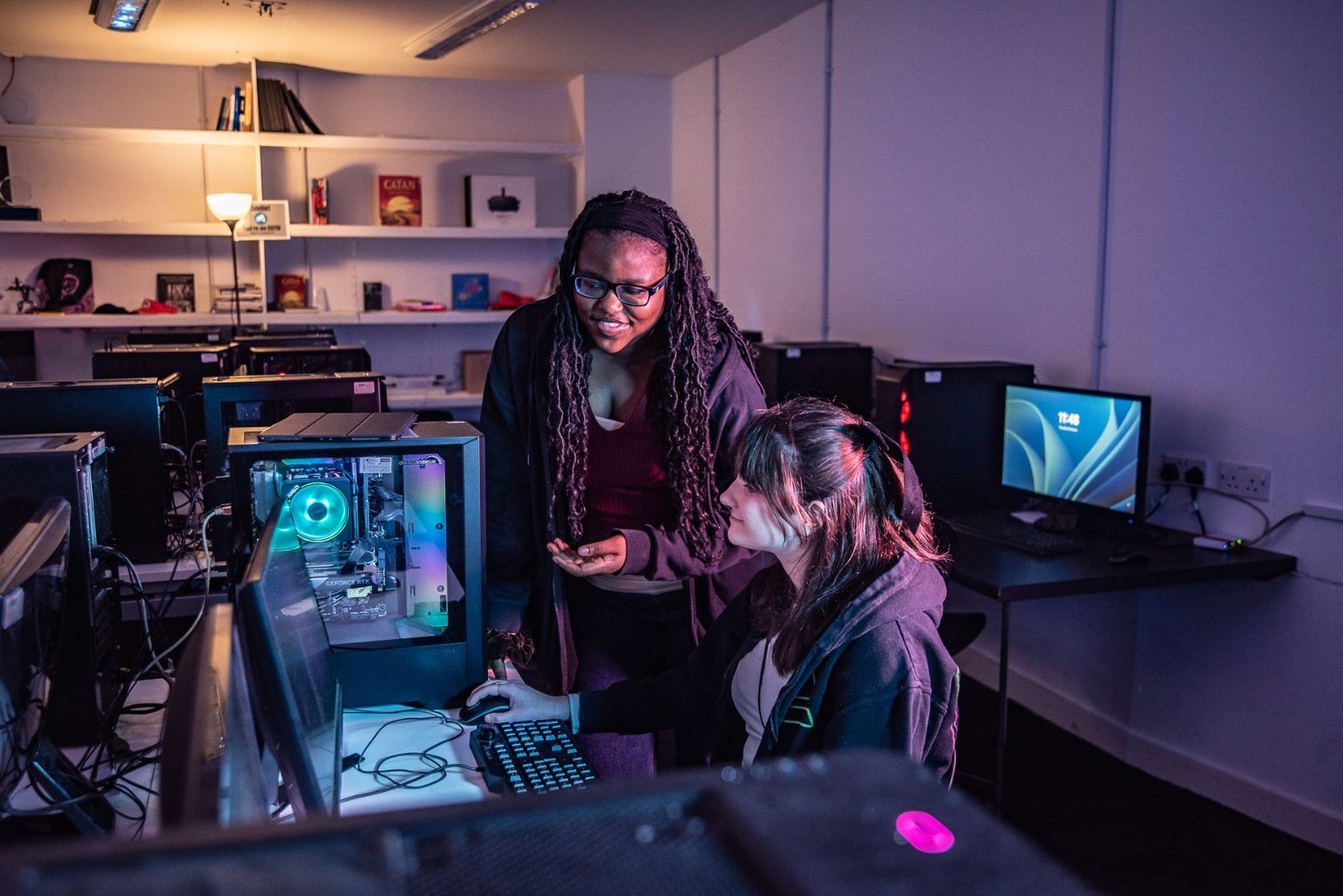Starting a T Level course is a really exciting prospect not just for your education, but also your future career as well. Additionally, this is a new curricular standard as it was only introduced in September 2020, meaning you are joining at a time that employers and universities are starting to get wind of the benefits of T Level courses. That’s what makes enrolling on one of these courses so exciting.
Unlike traditional A Level or BTEC courses, T Levels are designed to bridge the gap between education and employment, combining detailed classroom learning with real-world work experience. At the heart of this revolutionary qualification lies industry placements: a substantial work experience opportunity that sets T Levels apart from other Level 3 qualifications.
If you are considering a T Level course in Software Development or Content Creation at Access Creative College, you’re probably wondering what to expect from your work placement. Will you be making the tea or working on genuine projects? How do you prepare for a fast-paced professional environment? What skills can you actually learn?
This guide will walk you through all you need to know about T Level placements, from what they involve to how they’ll shape your future career. Whether you’re applying for a T Level course at our Bristol, London or Norwich campus, understanding your work placement journey is crucial to making the most of this exciting opportunity.
What is a T Level placement?

As an integral part of your T Level qualification, a T Level placement is a mandatory 315 hour work experience component that forms part of the course you enrol on. It is more than just a brief taste of working life. This substantial placement – equivalent to around 45 working days – is designed to provide you with genuine, hands-on experience in your chosen field.
Unlike traditional work experience, which might last just a week or two, your T Level placement is spread across a two-year course, allowing you to develop meaningful relationships with employers and build substantial real-world skills. You’ll work alongside industry professionals on real projects, gaining experience that simply can’t be taught in a classroom.
For our own T Level students, whether you’re focusing on Software Development or Content Creation, your placement will be directly relevant to your studies. You might find yourself coding solutions for a local business, creating content for marketing campaigns, or supporting digital transformation projects. The key is that you’re not just observing – you’re contributing.
Your placement is carefully coordinated between Access Creative College and our network of industry partners. We work closely with employers to ensure your experience aligns with your learning objectives and career aspirations, making every hour count towards your professional development.
Do you get paid for a T Level placement?

This is one of the most common questions prospective T Level students ask, and the answer isn’t entirely straightforward.
Unlike apprenticeships, T Level placements do not guarantee pay for the work. However, some employers may choose to offer payment or other forms of compensation to their T Level students.
It must be made clear that the decision to pay placement students lies entirely with the individual employer. Some companies view T Level placements as an investment in future talent and offer competitive hourly rates, whilst others may provide expenses, travel allowances, or other benefits instead of direct payment. A growing number of forward-thinking employers recognise that paying placement students helps attract the best candidates and demonstrates their commitment to developing young talent.
What’s important to understand is that whether paid or unpaid, your T Level placement must provide genuine value and learning opportunities. Employers cannot use T Level students as unpaid labour for routine tasks. Instead, you should expect to work on meaningful projects that contribute to your professional development and classroom learning.
At Access Creative College, we support T Level students with this by working closely with our employer partners to ensure placement opportunities are of the highest learning quality, regardless of whether they offer payment. We’re transparent about compensation arrangements from the outset, so you’ll know exactly what to expect before starting your placement. Many of our partner employers have found that T Level students bring fresh perspectives and enthusiasm to their teams, which often lead to paid part-time roles or apprenticeship opportunities once the placement concludes.
Don’t forget, even unpaid placements offer invaluable benefits such as:
- Professional references
- Real-world experience
- Industry contacts
- Inside knowledge of future job opportunities
Do universities accept T Levels?

One of the main concerns students have when considering T Levels is whether these relatively new qualifications will open doors to Higher Education. The good news is that T Levels are widely recognised by UK universities as equivalent to three A Levels, carrying the same UCAS points and meeting entry requirements for a broad range of higher education courses.
Since their introduction in 2020, T Levels have gained significant recognition within the university admissions sector. Leading institutions across the UK, including Russell Group universities, now explicitly list T Levels in their entry requirements. For students completing Software Development or Content Creation T Levels at Access Creative College, this means your qualification carries real weight when applying to university courses in computer science, digital media, creative industries, and related fields via the UCAS system.
Do universities prefer T Levels?
What makes T Levels particularly attractive to university admissions teams is the blend of academic learning and practical experience. Your 315 hour industry placement demonstrates not just theoretical knowledge, but also professional maturity, workplace skills, and sector-specific expertise that many A Level students simply won’t possess. This hands-on experience can set you apart in the university admissions process, particularly for courses that value practical application alongside academic achievement.
However, it’s worth noting that whilst T Levels are broadly accepted, some highly specialised courses may still require specific A Level subjects. For example, certain engineering programmes might require A Level sciences alongside or instead of a T Level. That’s why it’s essential to research your preferred university courses early and understand their specific entry requirements. Our careers advisors at Access Creative College can help you navigate these requirements and ensure your T Level pathway aligns with your university ambitions.
How many UCAS points does a T Level qualification provide?
A T Level qualification provides you with the equivalent of three A Levels which can help you find a place at university. The points available can be seen below, broken down by grade and equivalent points:
| T Level Grade | UCAS Points | Equivalent A Level Grades |
| Distinction* | 168 | AAA* |
| Distinction | 144 | AAA |
| Merit | 120 | BBB |
| Pass (C or above) | 96 | CCC |
| Pass (D or E) | 72 | DDD |
Want to apply for a T Level course?

T Level courses offer a truly unique and exciting opportunity to learn theory and practical skills, whilst having direct exposure to the professional world – something that makes the qualification stand out as opposed to A Levels and other equivalent qualifications.
Access Creative College offers T Level courses in:
If you want to find out more about our T Level courses, book your place at one of our open days at your local Access Creative College campus.
Furthermore, if you know which course you want to apply for, apply by clicking on the button below!






